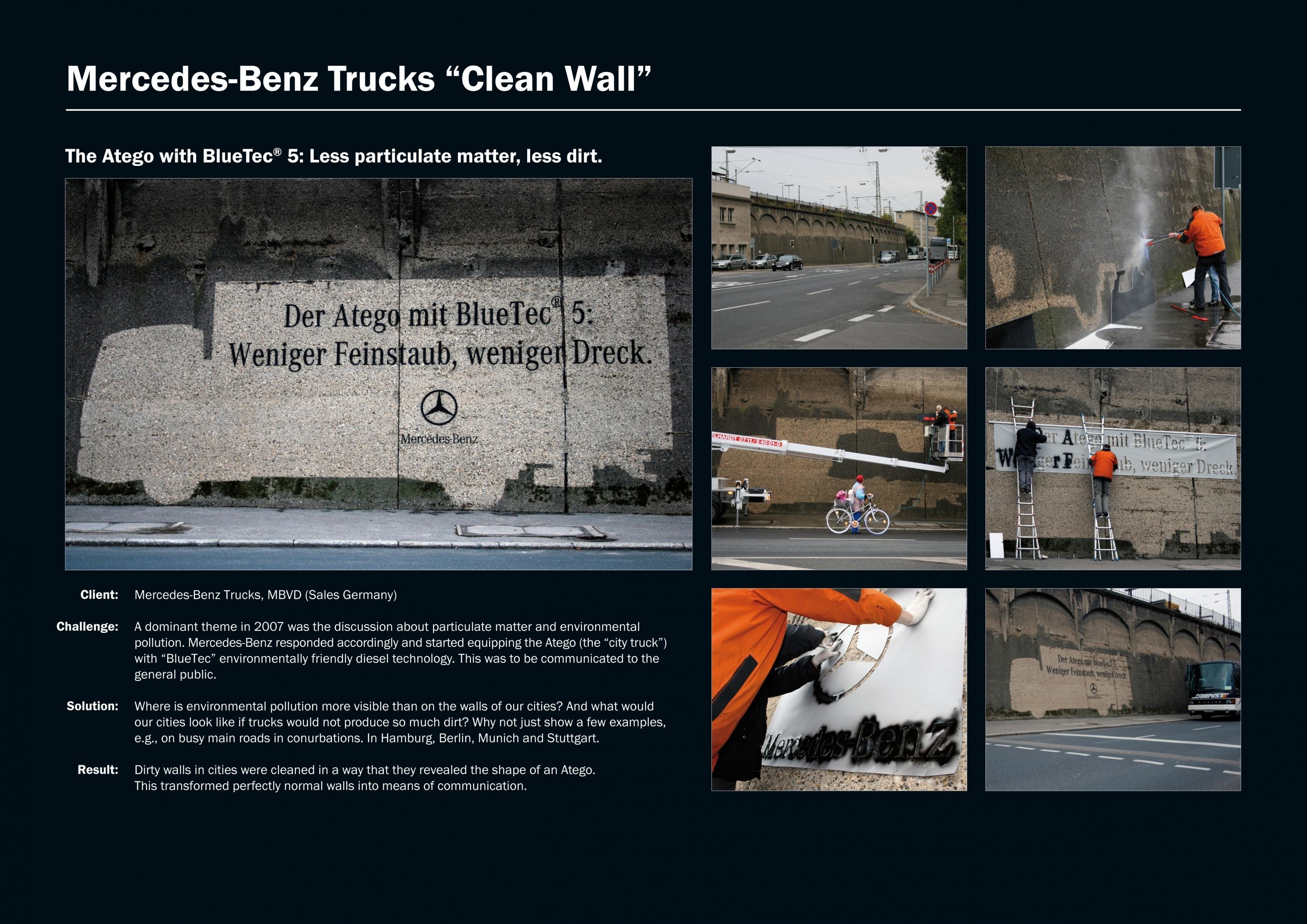Cannes Lions
Green New Bill
SID LEE, Montreal / SUZUKI / 2021


Overview
Entries
Credits
OVERVIEW
Background
In 2019, just ahead of the federal election, “Environment/climate change” was listed as a number-one priority by 20.1% of Canadians, while the economy was at 9.7%. But COVID-19 flipped the script. In June 2020, right under COVID-19 and health, the economy scored 15%, while “Environment/climate change” fell to 2.5%. So, when the government announced the creation of an economic recovery plan, the chances of seeing them include their original investment plan to fight climate change melted away.
Meanwhile, a collective made up of renowned economists and financial and environmental policy experts released a report proving that a green recovery would give Canadians more for their money. A lot more.
So while Canada’s economic recovery plan was still in the works, the David Suzuki Foundation wanted to share this game-changing fact with Canadians so that political leaders would have no choice but to go for a green recovery. The budget: $50K.
Idea
Partnering with the same Canadian economists behind the report, the David Suzuki Foundation took the only green bill in Canada, the $20 bill, and created a new version that shows its real calculated value if Canada’s government decided to invest in a green recovery plan. The result: every $20 invested in a green recovery would be worth $307.85 within 10 years.
To bring the bill into Canadians’ hands amid the pandemic, we turned every $20 bill into free educational media using Facebook and Instagram AR filters. To activate the filter, people simply had to open one of the apps and scan any $20 bill they had at home. The virtual bill allowed people to interact with the new visual to learn more about the math behind the new value and the other positive impacts of a green recovery plan for Canadians.
Strategy
To calculate the value of the bill, the economists used the facts and science shared in the Build Back Better report to extrapolate the return on investment within the recovery plan’s initial announced budget, taking into consideration the current economic situation in Canada.
To reach political leaders with a media budget close to $0, the idea was not to reach every Canadian, but to give politicians the impression that most Canadians wanted a green recovery. This is why we targeted all the mass and political media outlets in Canada and relied on them to invite the population to use the AR filter and host the public debate on their platform. We then reached out to every organization and business that would benefit from a green recovery and invited them to share it on their platform too, making sure the debate was a part of every politician’s own echo chamber.
Execution
We launched the Green New Bill in the days leading up to the official announcement of Canada’s recovery plan. It wasn’t too late for the government to change its plans, nor too early to make sure the topic would be hotly discussed in the public sphere. Starting with Canada's mass and political media outlets, we rapidly spread the conversation to other platforms by inviting organizations, non-profits and businesses to share the bill with their online community. To invite people to try the AR filter, we reached out to social influencers who, in the past, showed an interest in environmental initiatives or issues.
We then sent a physical bill to each representative and linked it to the economist's report. In addition to explaining in detail the activation of a green recovery within the recovery plan’s initial announced budget, the report proposed the right policy framework for driving the transition to net-zero.
Outcome
In 2019, just ahead of the federal election, “Environment/climate change” was listed as a number-one priority by 20.1% of Canadians, while the economy was at 9.7%. But COVID-19 flipped the script. In June 2020, right under COVID-19 and health, the economy scored 15%, while “Environment/climate change” fell to 2.5%. So, when the government announced the creation of an economic recovery plan, the chances of seeing them include their original investment plan to fight climate change melted away.
Meanwhile, a collective made up of renowned economists and financial and environmental policy experts released a report proving that a green recovery would give Canadians more for their money. A lot more.
So while Canada’s economic recovery plan was still in the works, the David Suzuki Foundation wanted to share this game-changing fact with Canadians so that political leaders would have no choice but to go for a green recovery. The budget: $50K.
Similar Campaigns
12 items







